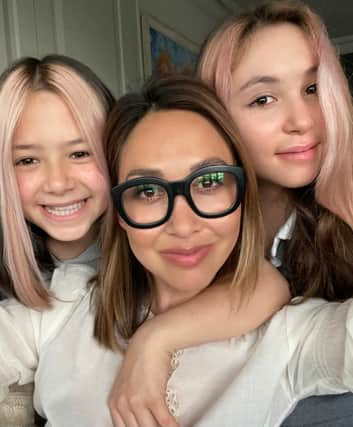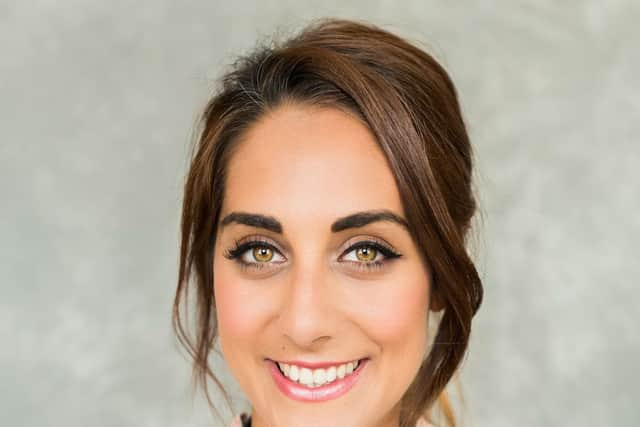Covid-19 pandemic has led to an increase in myopia in children


Short-sightedness, clinically known as myopia, affects one in six children in the UK by the age of 15. It typically starts in childhood, affecting children as young as five years old.
Myopia usually requires glasses or contact lenses to see distant detail but if left uncorrected, it could impact children’s performance at school, and worsening myopia may also impact long-term eye health if not managed. Since the COVID-19 pandemic, lockdown restrictions meant children spent more time indoors and behind screens, leading to a substantial increase in myopia (1.4-3 times) – potentially putting children’s future eye health at risk.


Slowing the progression of myopia
Research shows that over two thirds (69%) of parents are unaware that anything can be done to help slow the progression of myopiaix. Optometrist, Dr Keyur Patel says “myopia isn’t just about corrective glasses or lenses – it’s about intervention and management. MiSight® 1 day contact lenses are specially designed for children and have been clinically proven to slow the progression of myopia in children by 59%, on average – which could help reduce the risk of future eye health issues and enable children to reach their full potential by improving their vision. Myopia is on the rise in children since the pandemic and has become a global public health issue, so regular eye examinations are important to identify any problems. Parents, children and opticians need to work together to protect children’s eye health.”
Advertisement
Hide AdAdvertisement
Hide AdIn addition to specialist contact lenses, making small changes to children’s lifestyles and habits may help to manage myopia. Specifically, increased time outdoors can help to reduce the development of myopia, with children encouraged to spend at least 80 to 120 minutes outside per day.
Myopia can negatively impact children
The research also delved into the experiences of children living with myopia who wear vision correction. While one in five (21%) children remain positive– agreeing that not being able to see clearly won’t stop them achieving their dreams– some reveal the negative impact it has on their lives.
One in five children (21%) agree myopia has them feeling frustrated or feeling like they are falling behind at school. Many parents expressed concern about their child’s development, as 80% agree they’re concerned that their child’s short-sightedness may impact them achieving their future potential.
“This research shows that we must take children’s eye health seriously,” says GP Dr Sara Kayat. “You can’t see through your child’s eyes, so it’s easy to miss the signs of myopia. It’s crucial that children have annual eye examinations from the age of four or five, usually soon after they start school.
It also helps to be aware of any changes in your child’s behaviour, like struggling to see the whiteboard at school or complaining of tired eyes and headaches, as these are potential signs of myopia.
The pandemic has had a far-reaching impact and many important health checks have stopped. The summer school holidays are an ideal time to take your children for an eye examination, especially if they’ve not had one in the last year.”
Children sharing experiences of myopia
To raise awareness of the need to tackle myopia, CooperVision® took children with and without myopia on a ‘sightseeing’ trip around London. Those without myopia wore specialist glasses, so they could see the world through the eyes of a myopic child.